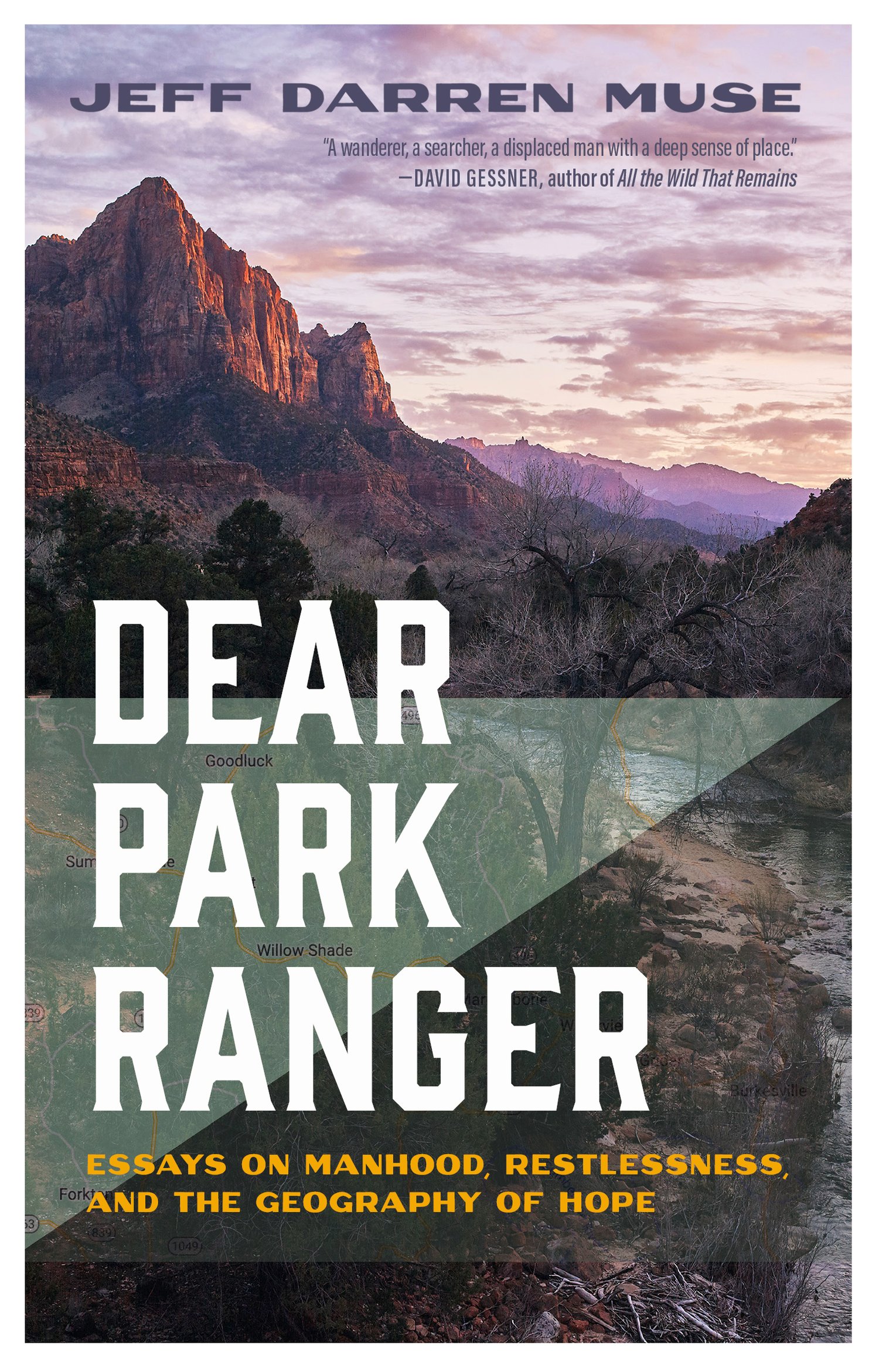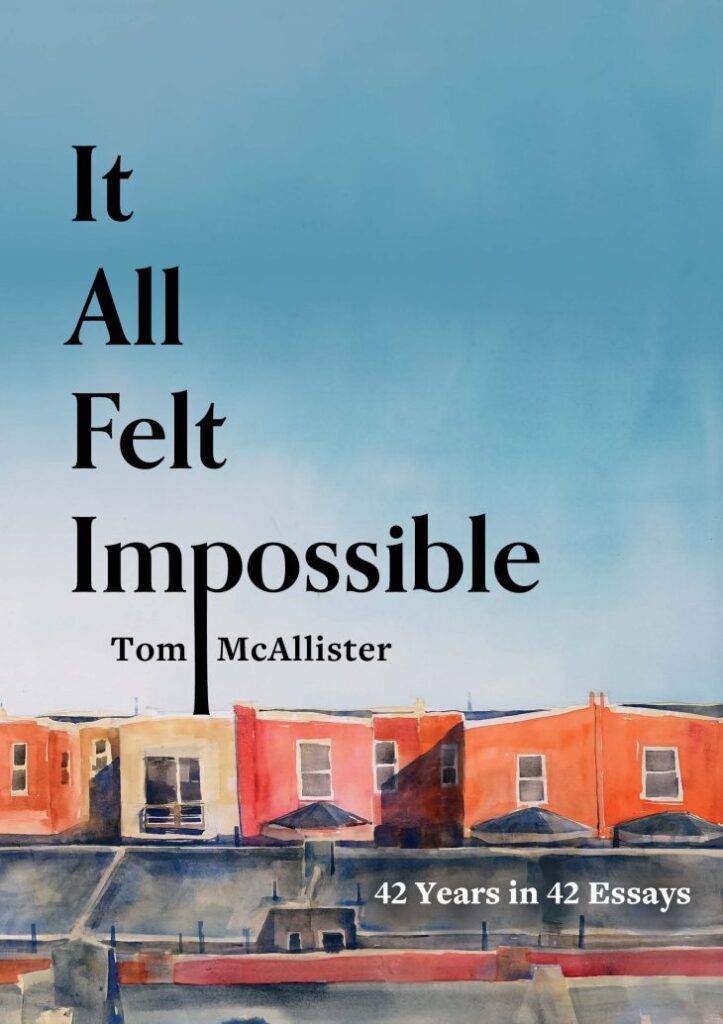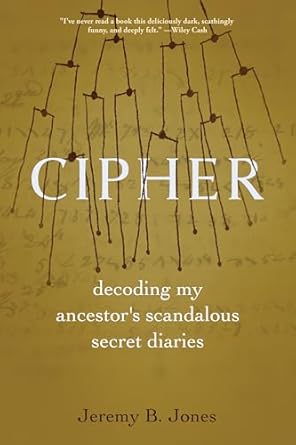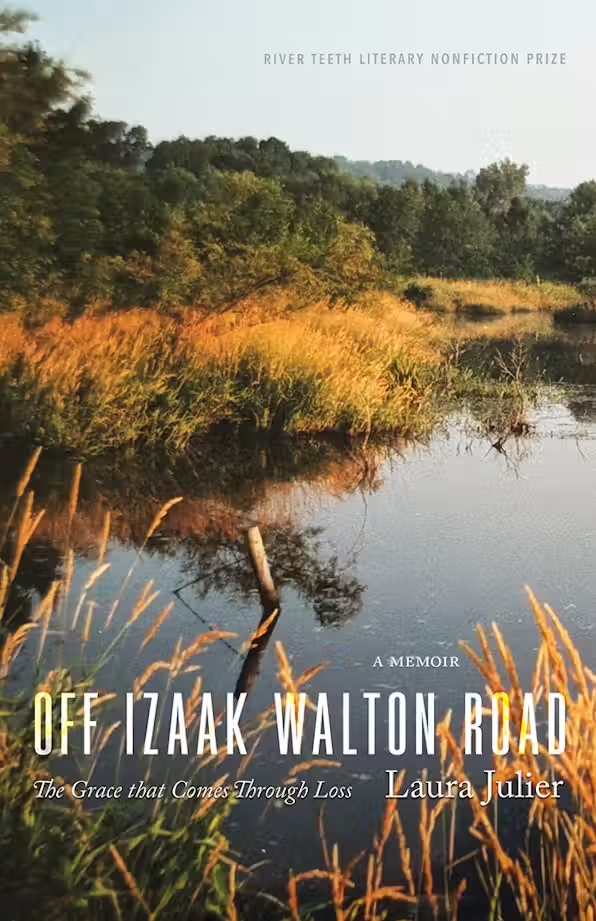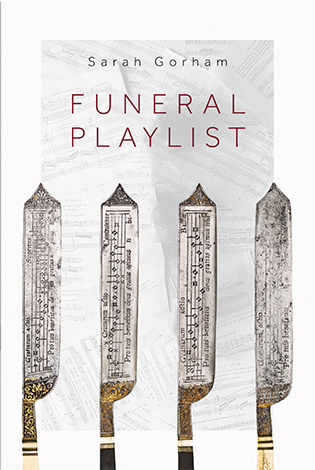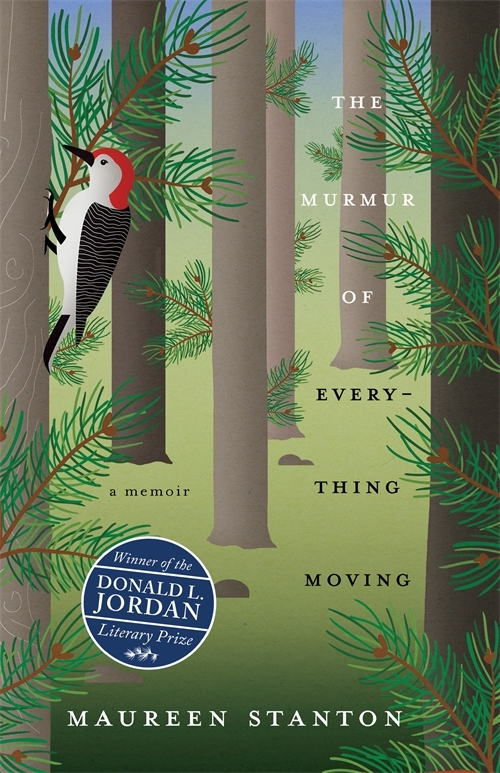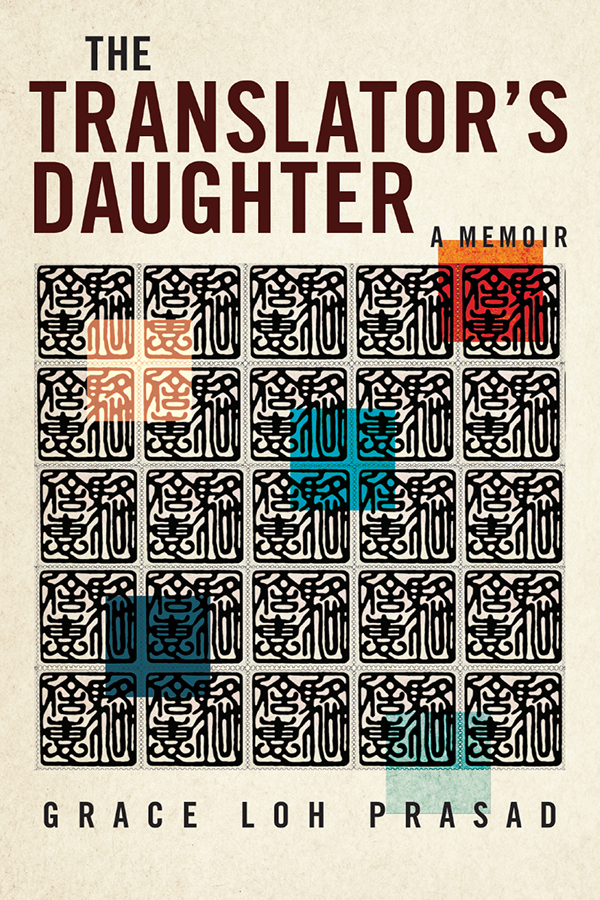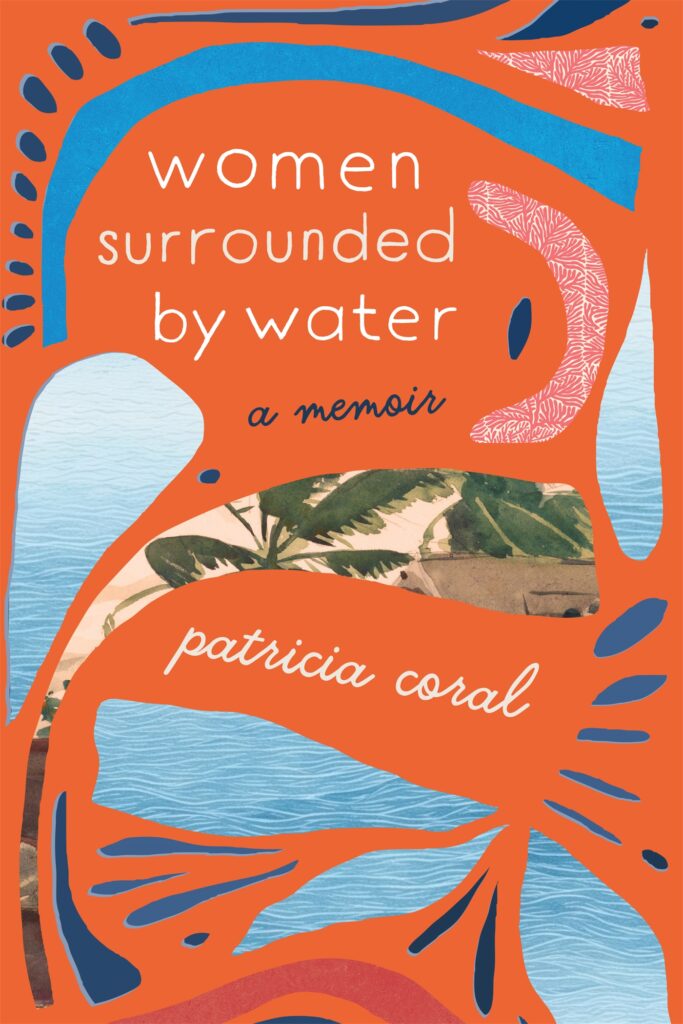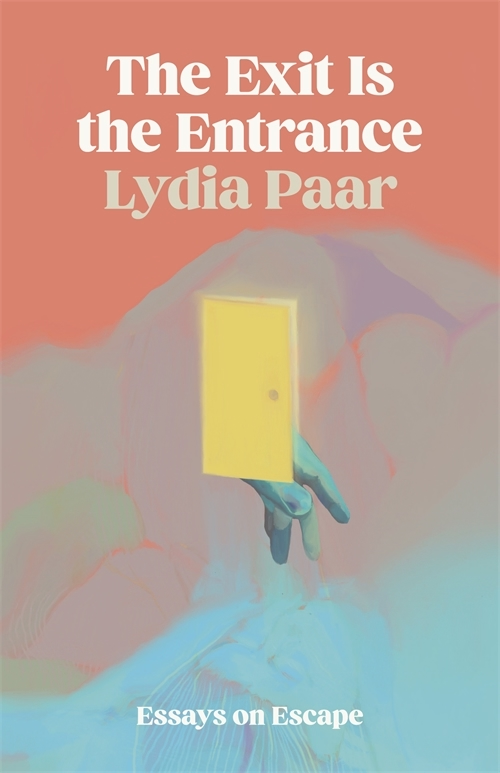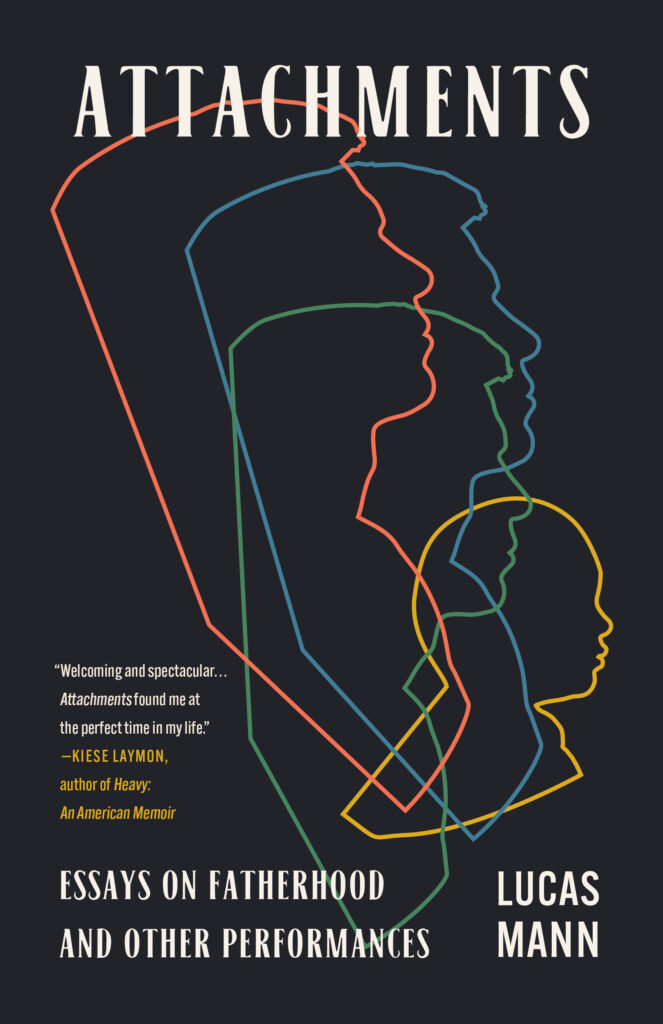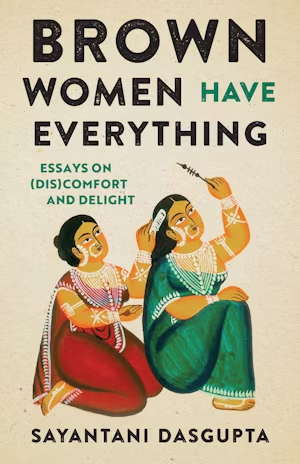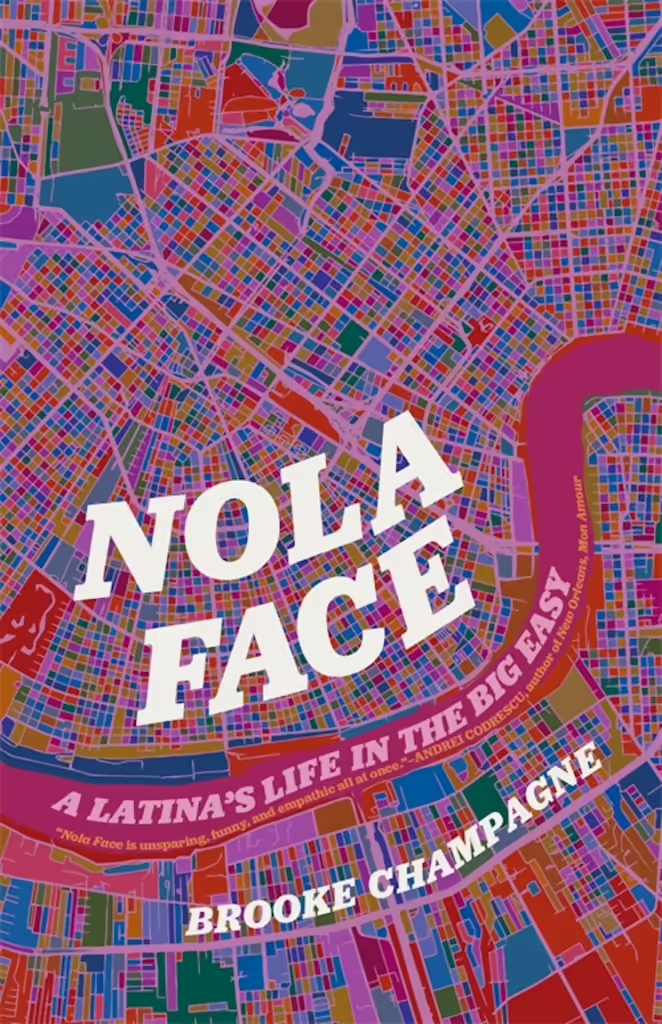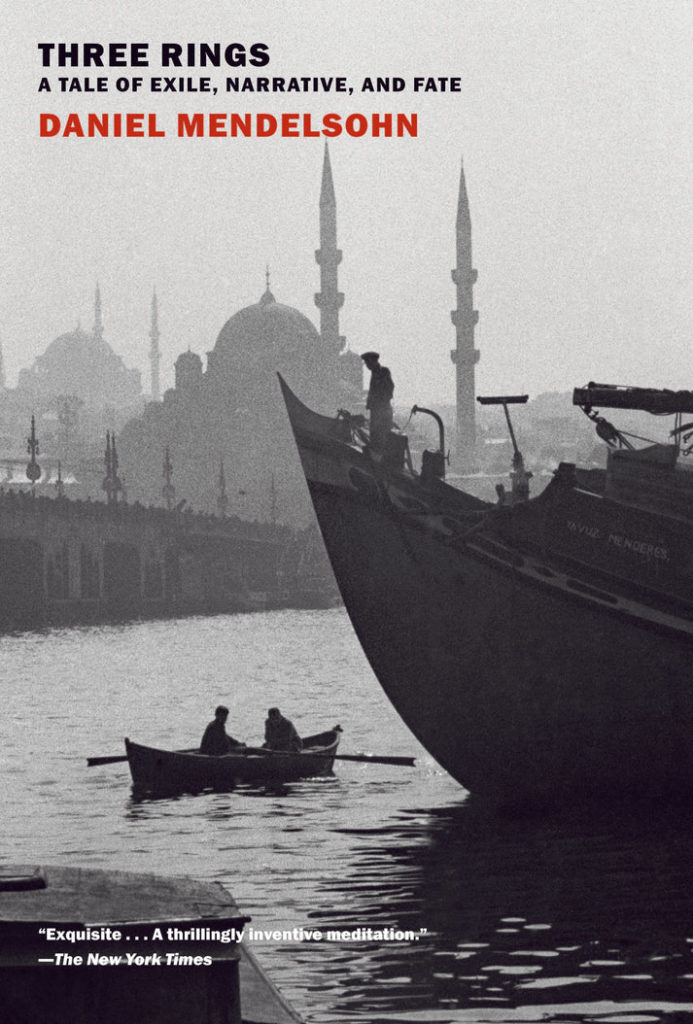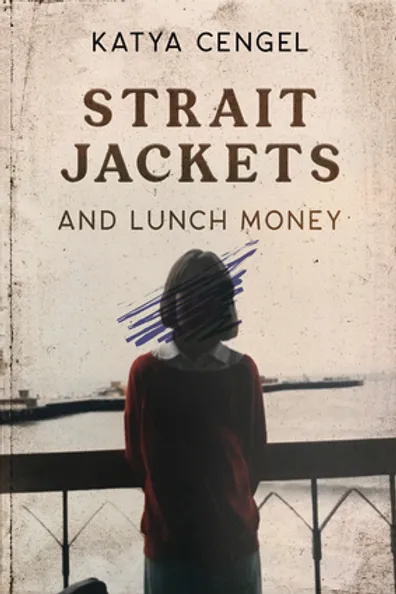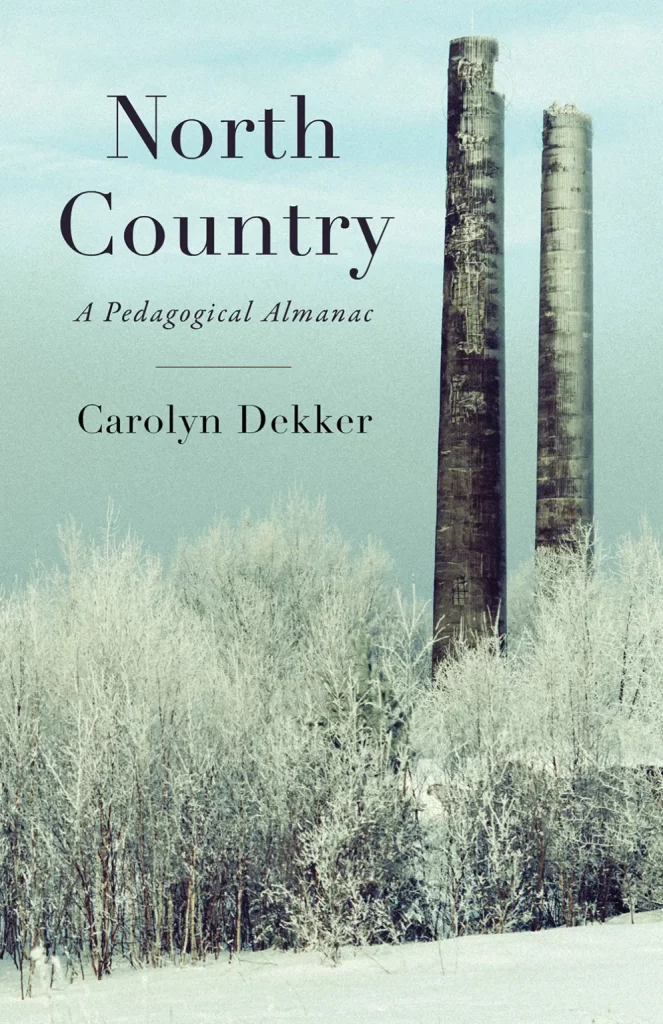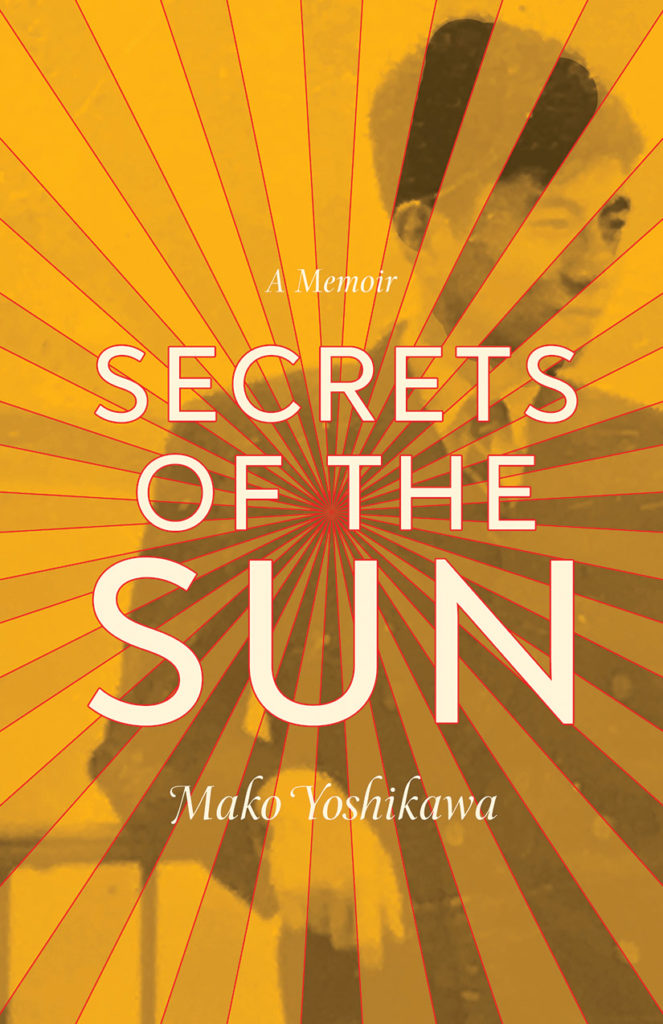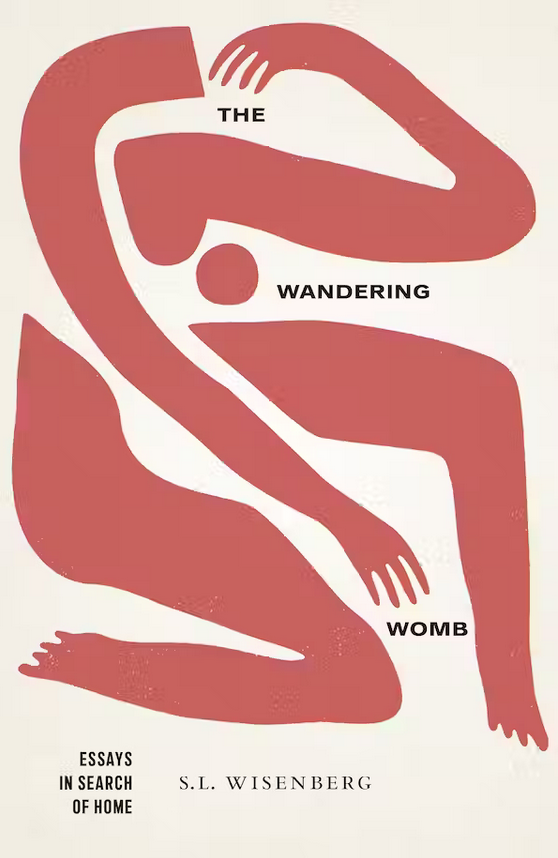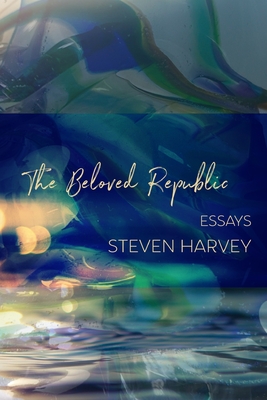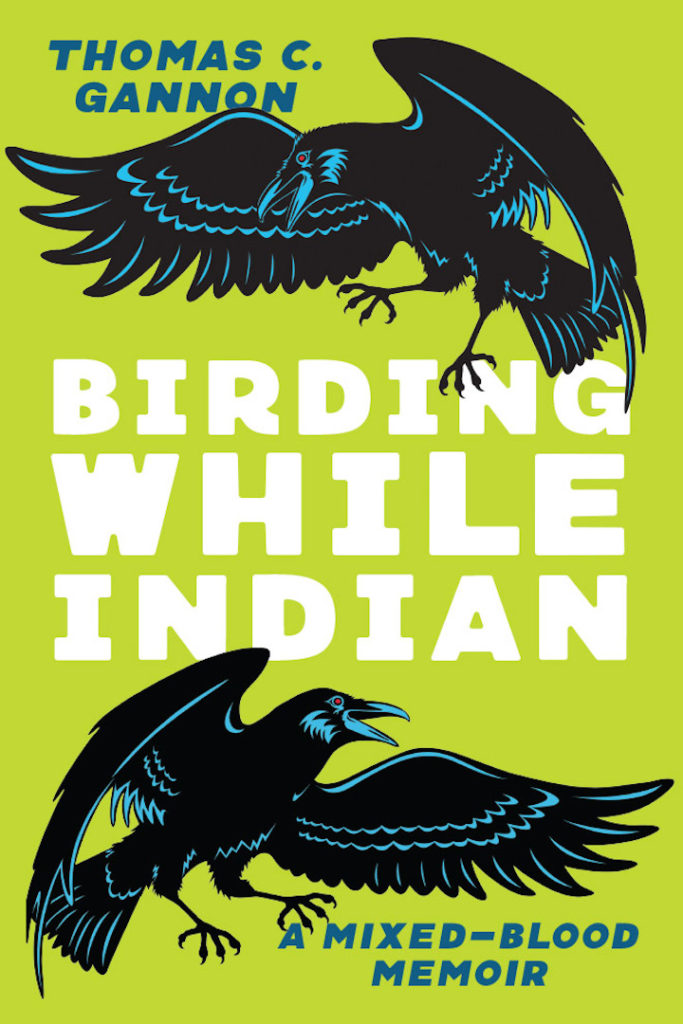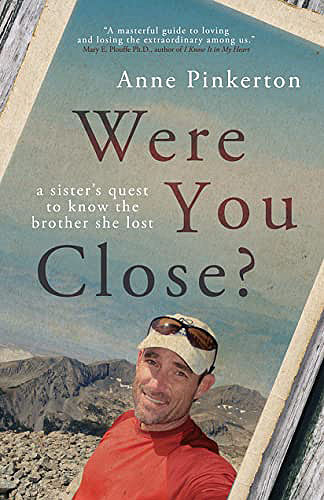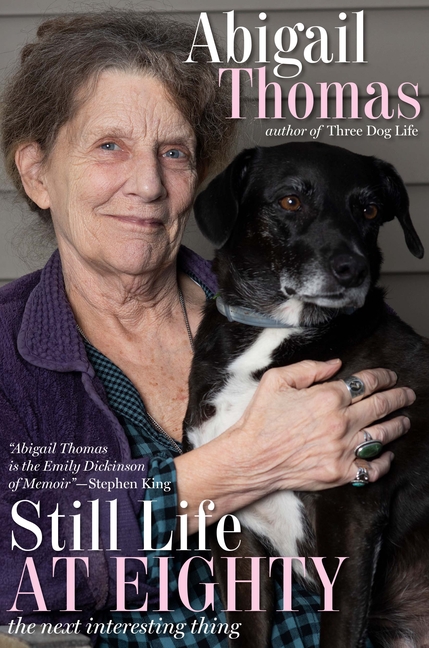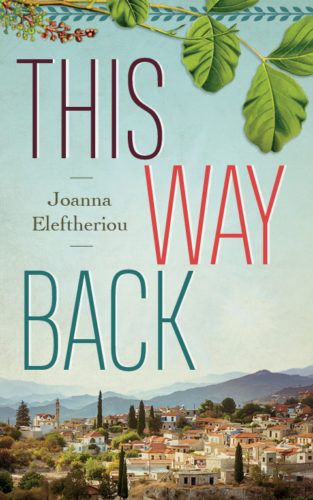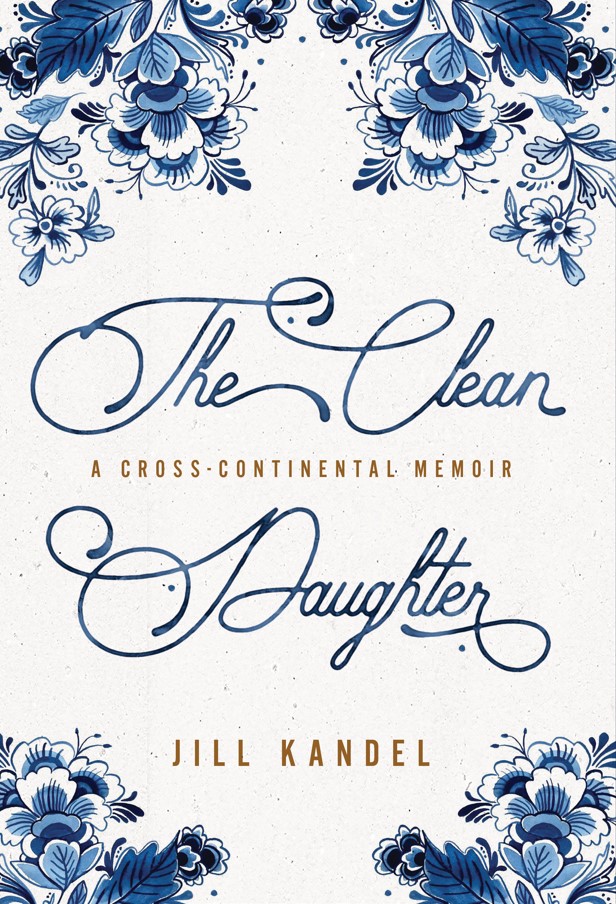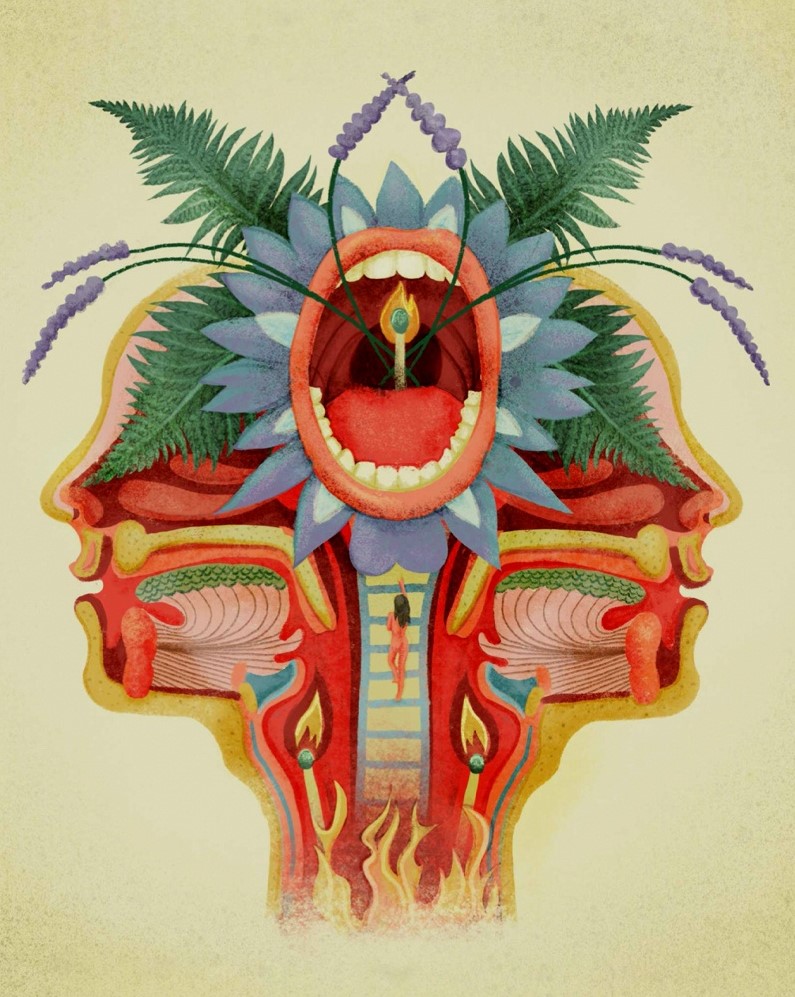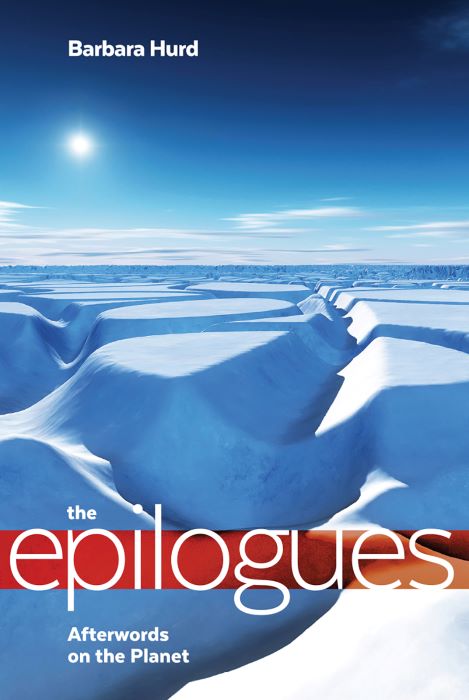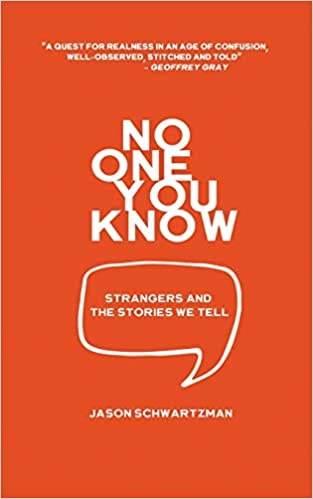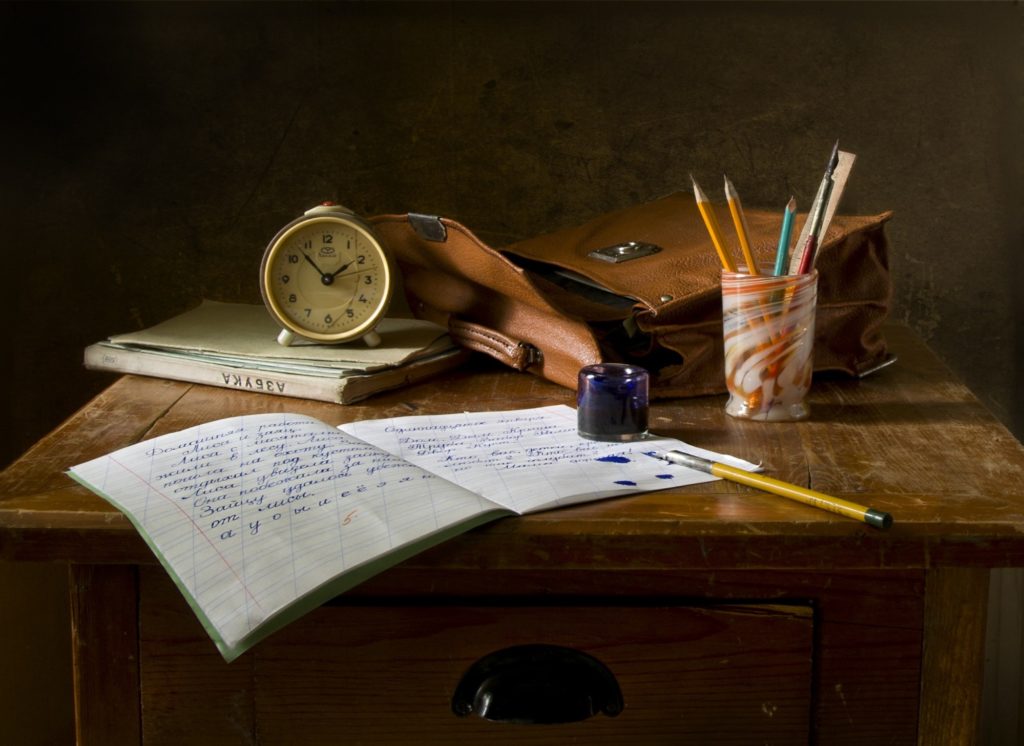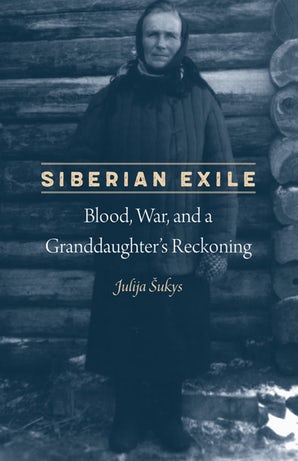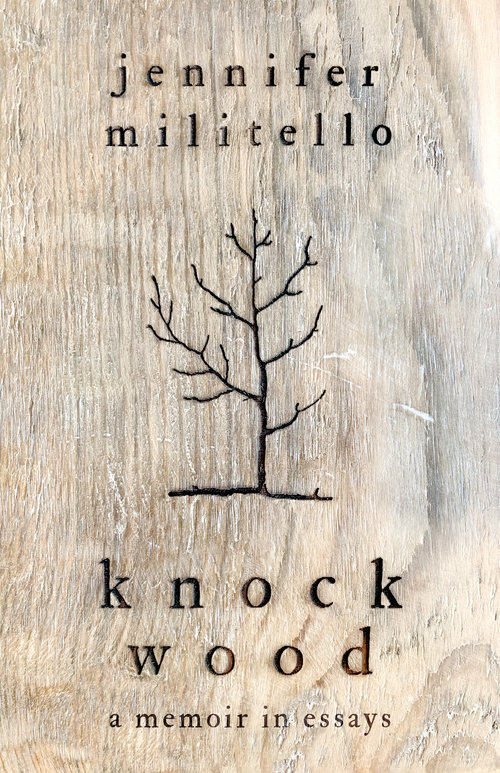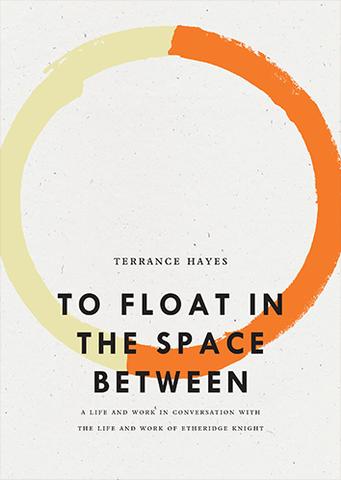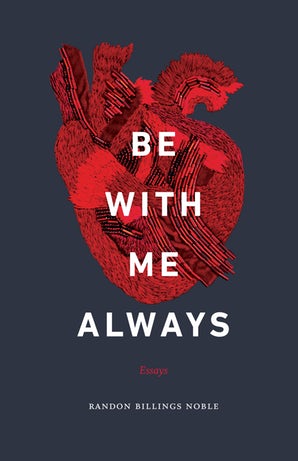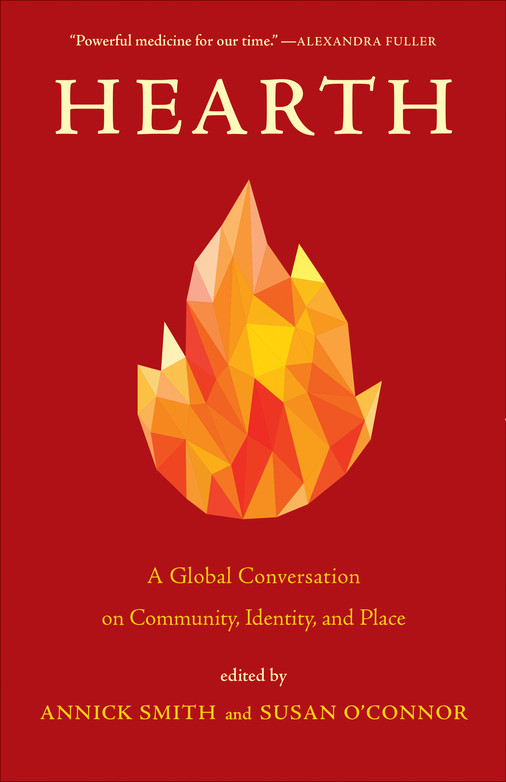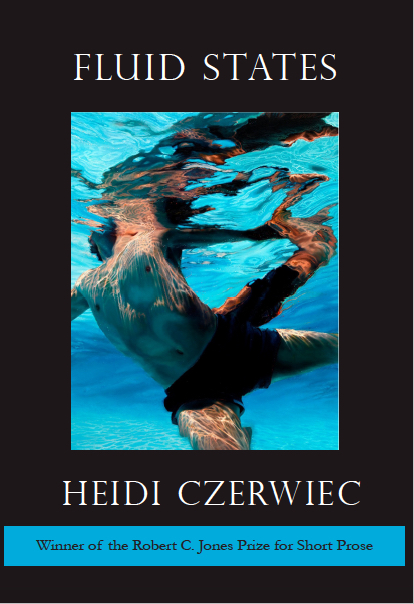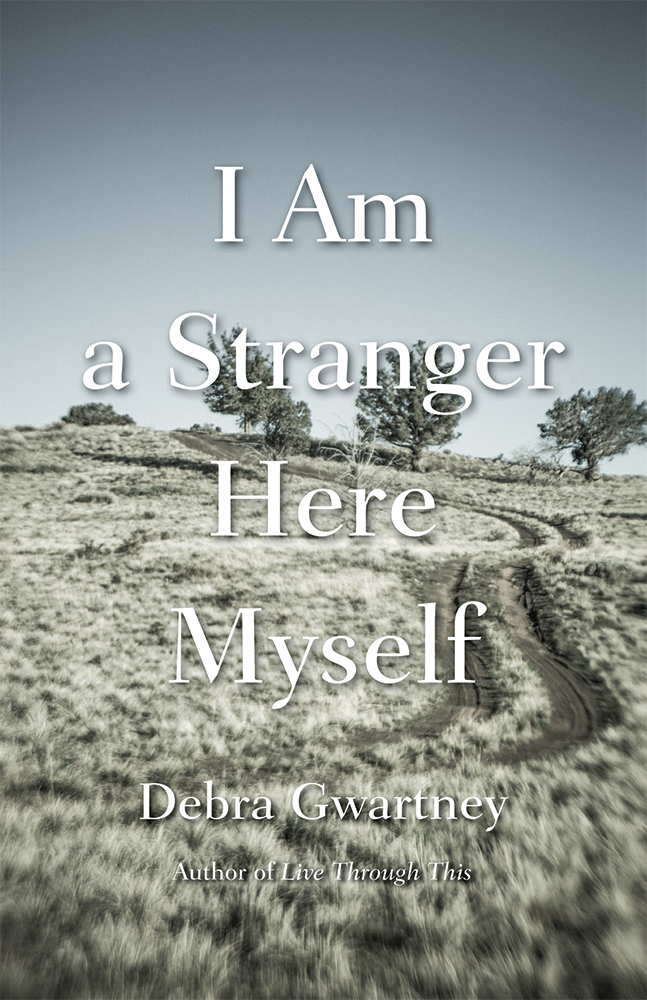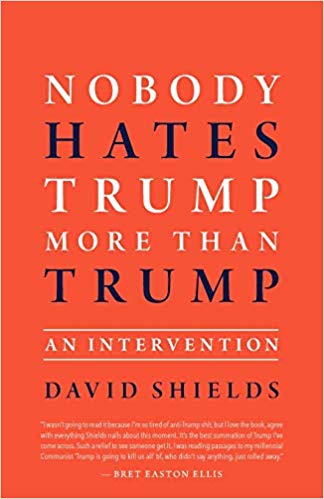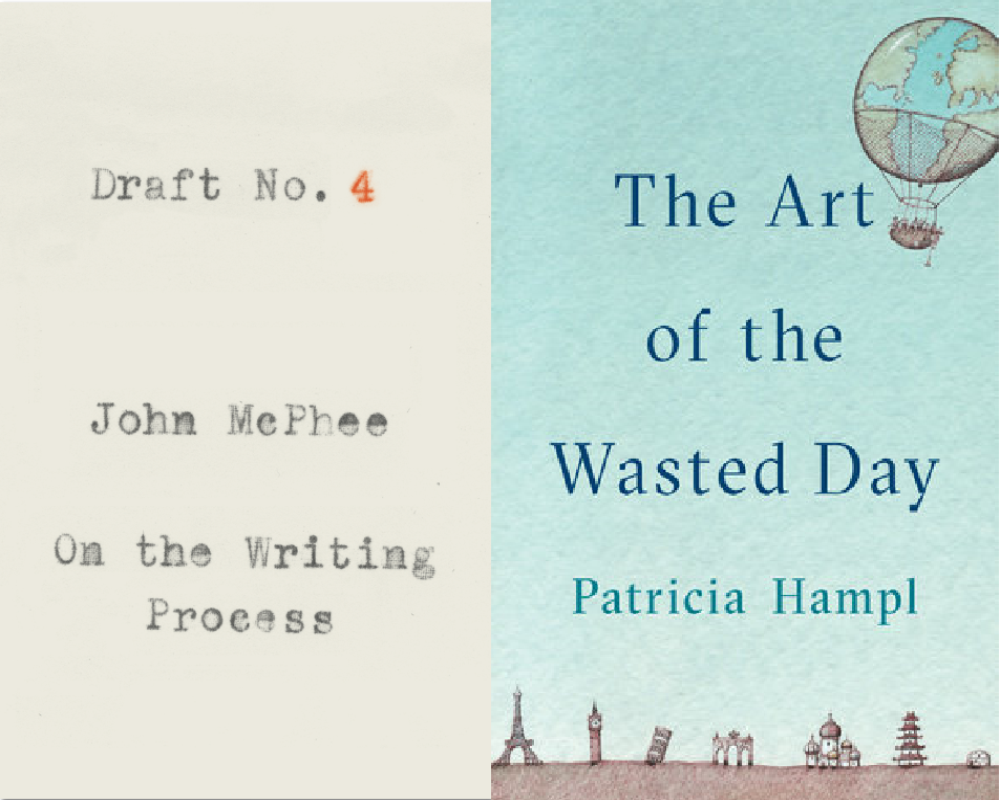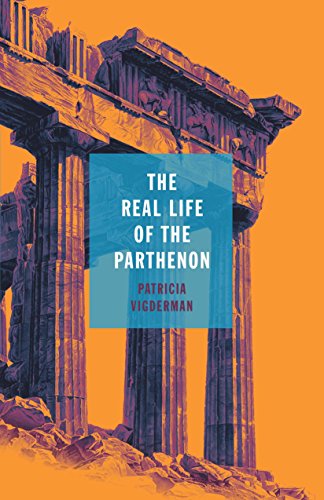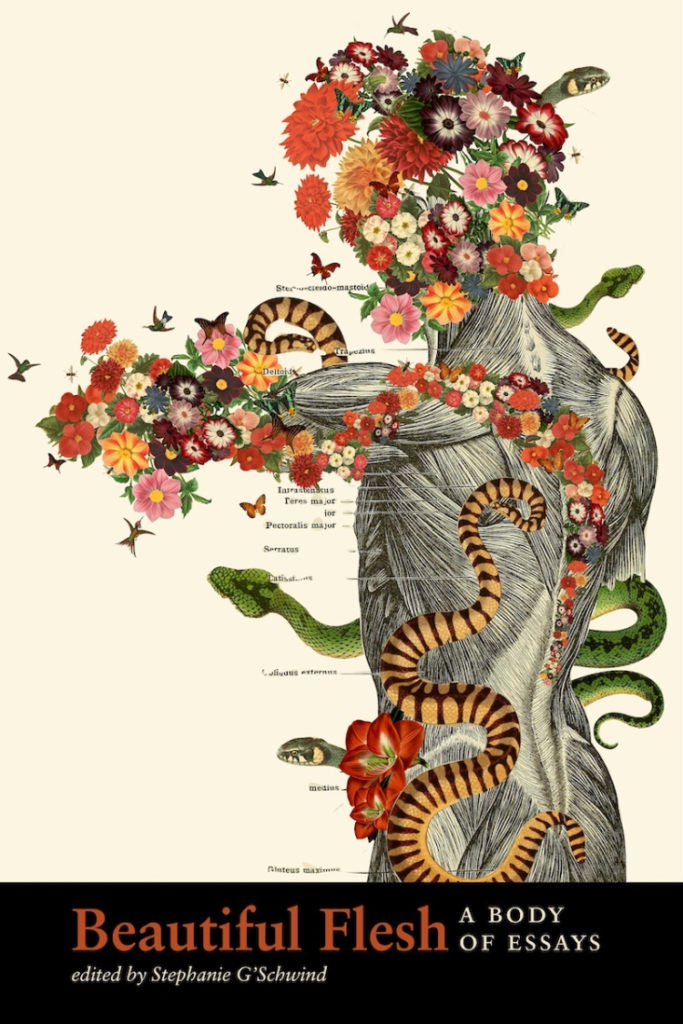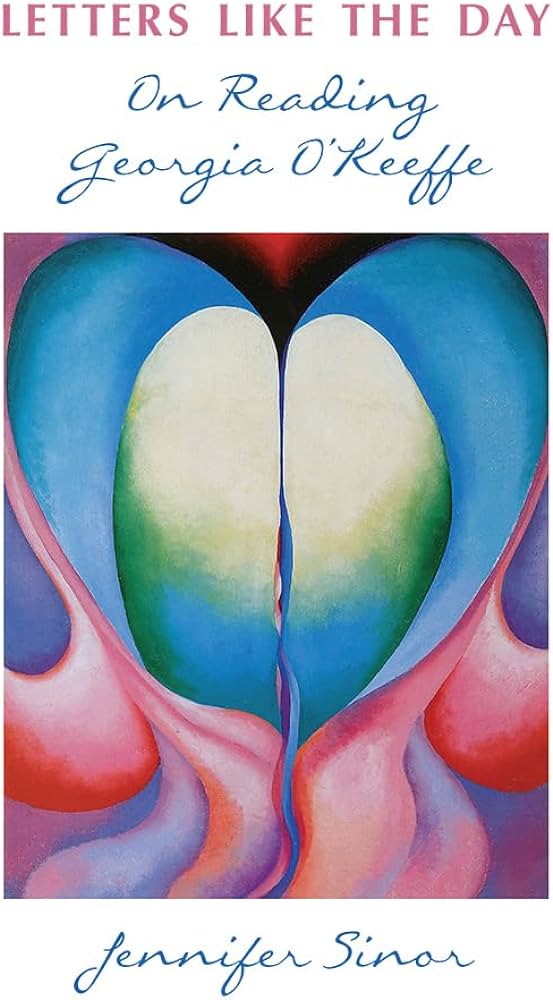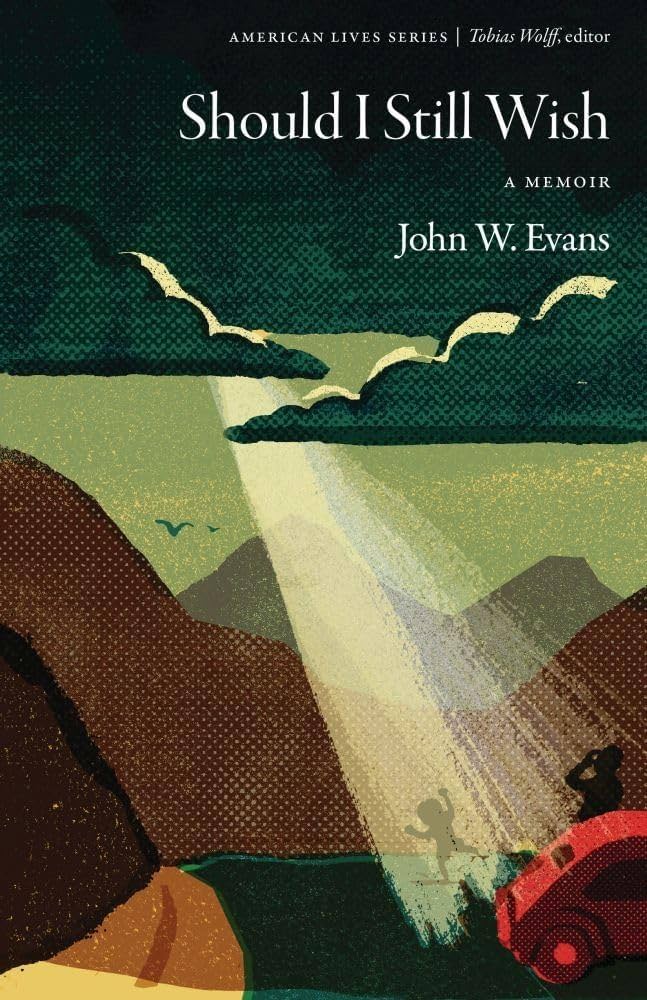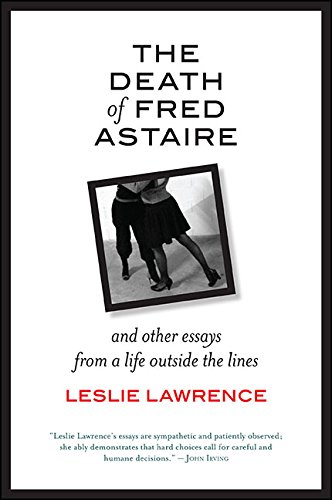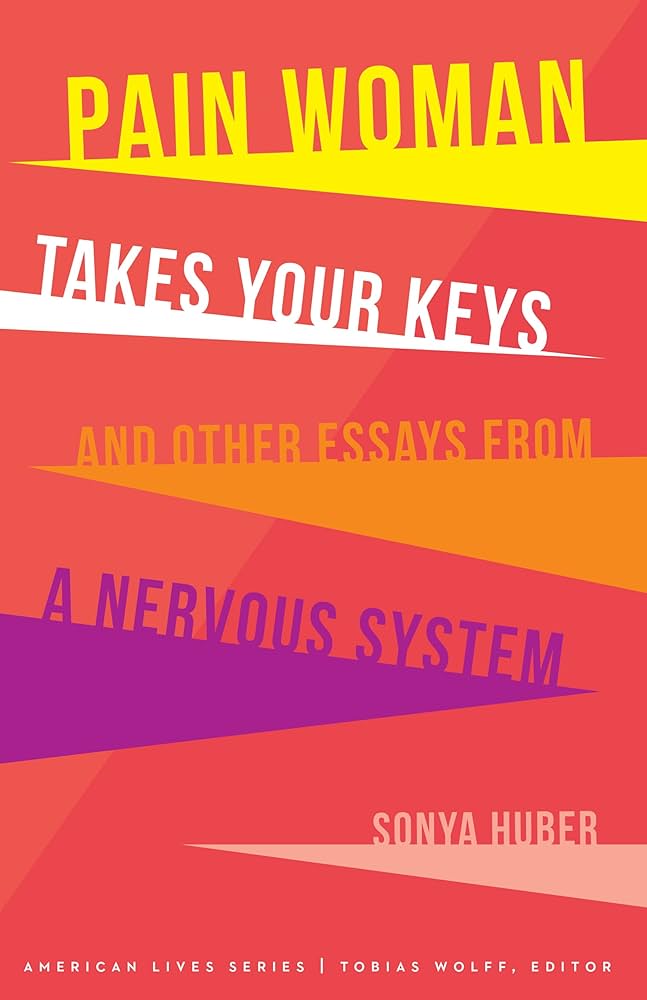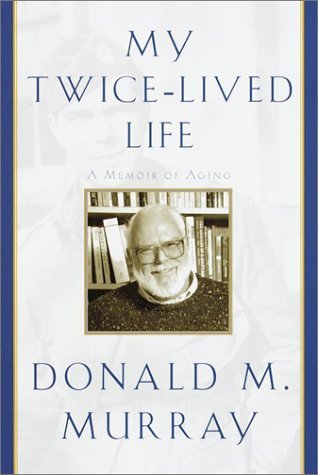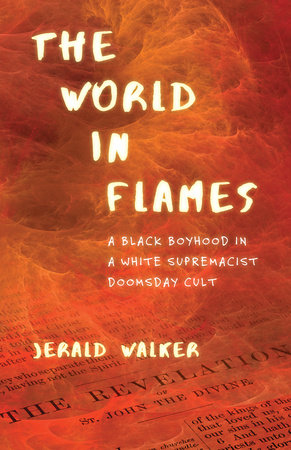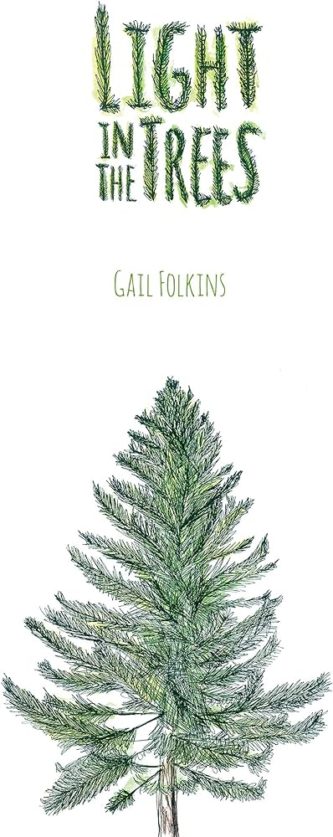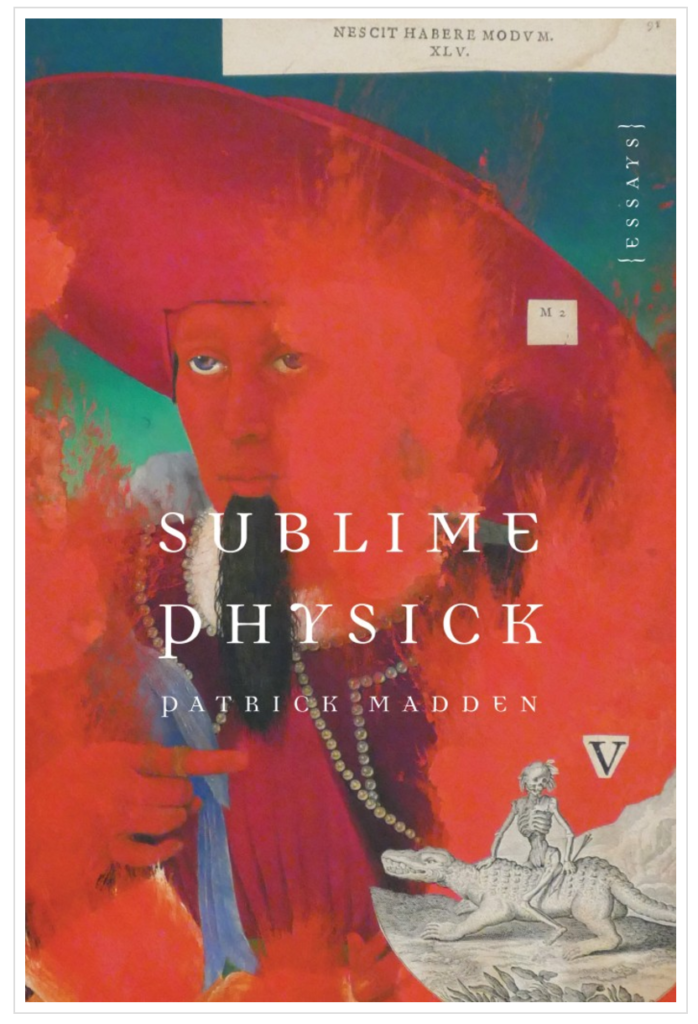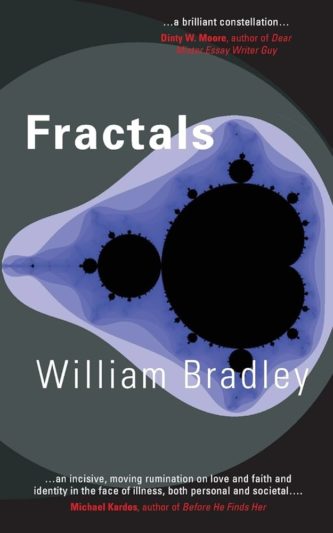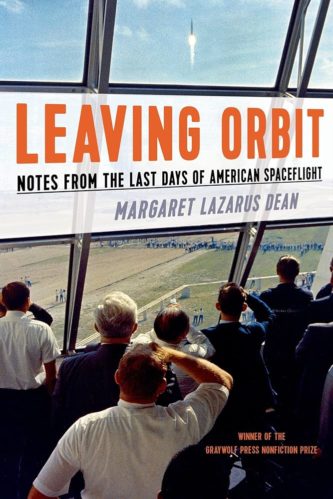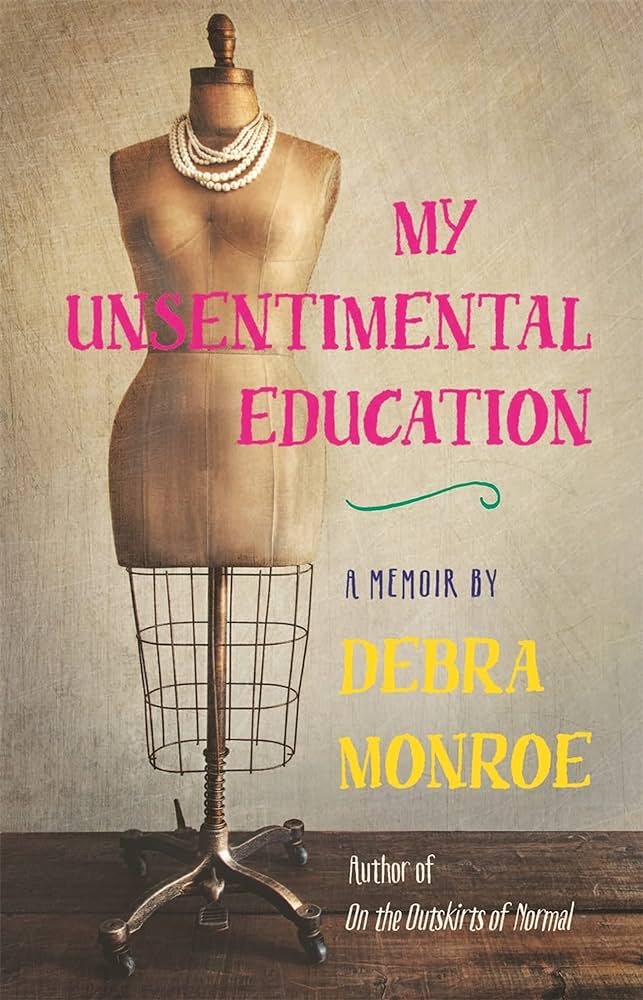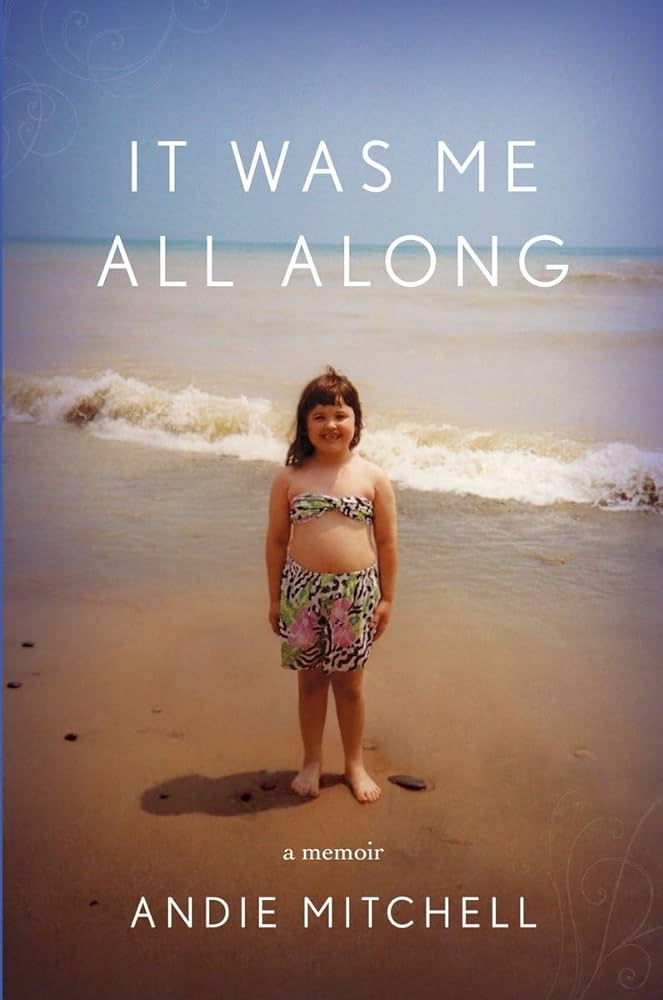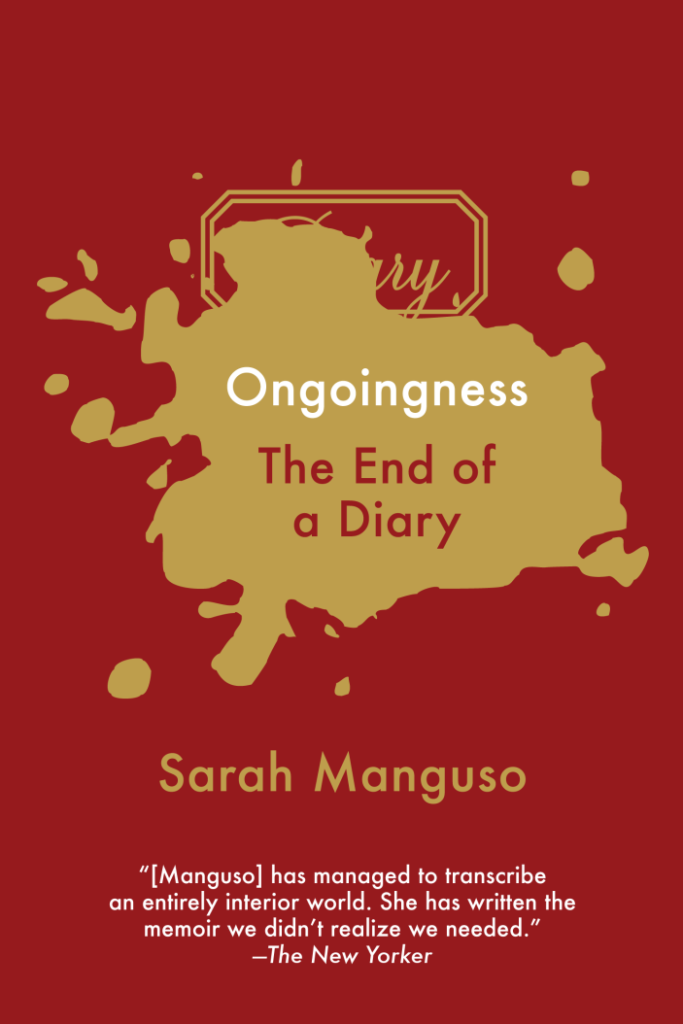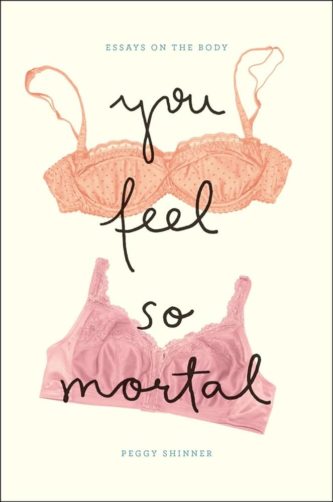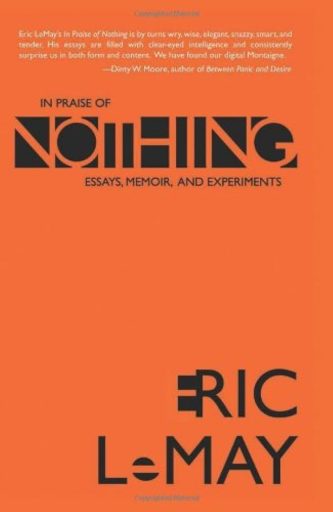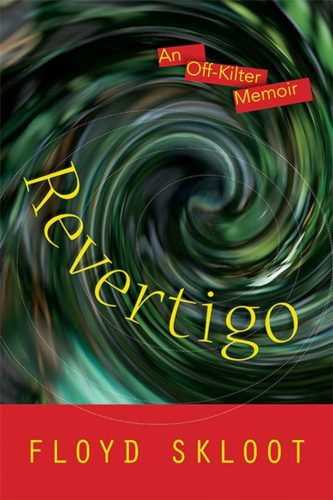By Jill Christman
Dear Park Ranger: Essays on Manhood, Restlessness, and the Geography of Hope by Jeff Darren Muse
In the interest of full disclosure—which, as an essayist, serial memoirist, and River Teeth editor, is always my interest—I need to tell you that I knew Jeff Muse and Dear Park Ranger when. Many years ago, when I was a faculty member in the low-residency MFA program at Ashland University, Jeff Muse was my student. (“Muse?” we all said, one after another. “What a great writer name!”) Along with the enduring impression that Jeff Muse is a terrifically nice guy—and can write the heck out of a sentence—is my memory that he served as a Hoosier ambassador, deepening this Oregon girl’s appreciation for both the people and the landscape of Indiana where I had landed—and, shockingly, that he wasn’t a fan of Annie Dillard.
During Jeff’s time in the program, we had many conversations about what he wanted to achieve in his own essays, and I remember with unusual specificity both because Jeff was so clear in his goals and because these goals were interesting to me. For example, since his expertise, love, and life as a park ranger, environmental educator, and husband of a park ranger was rooted so firmly in the natural world, he knew he would write essays that might be classified as “nature writing,” but he told me what he did not want those essays to be: he did not want his essays to be boring. He wanted to write page turners. Also? Jeff wanted his essays to be funny. He wanted to bring humor in to light up the foggiest landscapes—and he wanted these essays to make a difference. Jeff wanted his essays to get us outside for a nice long walk.
Fast forward a dozen years, I’ve just finished my journey through the intimate, beautiful, inspiring, funny essays in Dear Park Ranger, and I know I need to stay here in this chair and write this review, but what I really want to do is lace up my shoes, grab a water bottle, and hit the trail with Muse’s prose still humming in my mind. In other words: Jeff Muse did the thing. He set his compass for the peak he wanted to reach, as a writer and a man, and—with us along for both the flower-gathering wanderings and the steep stretches where the sweat dripped down our backs—he got us there. Together.
In “Ground Truthing,” the introductory essay, Muse makes good on the title’s promise and lays a foundation for this collection—which I do recommend reading in order because although we could wander down a side trail or sprint forward, choosing our own adventure within and across the nineteen essays of varying lengths and terrains that make up Dear Park Ranger, it’s clear Muse has done the hard work of mapping a thoughtful trail. It’s also clear from the trailhead that we can trust Muse not only as an expert of woods and stream, but also as a passionate reader and student of the essay—all tools he uses to make sense of himself as a son, husband, and man on this lifelong journey:
I write, you’ll see, to self-interrogate, to ground truth inner terrain. Or to paraphrase Joan Didion, I write to figure out what I think. “What I want and what I fear,” she said.
Jeff Muse has lived all over the U.S. working as a park ranger, environmental educator, and historical interpreter. Muse knows things—and when he doesn’t know? He tries to find out. And the deepest, truest question of all, as the child of divorce, the son of an alcoholic who died too soon, a wounded kid who morphed into an insecure teen who grew into a “fatherless, childless Hoosier who wouldn’t and couldn’t stay put”—is Who am I and how do I want to live?
Throughout my life, no matter where I’ve lived, manhood has been a kind of topographic map. Yet it’s peer pressure or social norms telling me which route to follow: Smile, Jeff, have a beer. Make babies. Make lots of money. Buy yourself a leaf blower. Hang out at parties. Lighten up. . . . The word [essai] is also a journey—to seek out, examine, prove. But prove what to whom, I wonder, and why does it matter anyway?
Muse even questions the questions themselves. As patient and as serious-minded as these essays can be—taking on tough subjects like masculinity and aging, racism and white fragility—Muse’s meticulously written scenes can also be hilarious. In “Trail Blazers,” an essay that takes on a particularly intense period of searching for Muse, he joins a group of friends to participate in a ritual sweat, and the young Navajo man preparing the white men to enter the sweat lodge hands them a scrap of cloth from which they’re each to tear a thin strip and says, “Tie that around your foreskin to seal your penis. . . . You can’t drip any semen in the sweat lodge. It’s a sacred place.” Young Jeff is flummoxed, standing there naked and mortified, fiddling with his string, so his friend Kurt tries to help:
“Just wrap it like a present,” Kurt said, revealing the progress he’s made. The fabric dangled against his pubic hair and the pale skin of his gangly legs . . . His penis indeed looked like a gift, topped off with a bright white bow.
I laughed out loud, but in a Muse essay there’s always a forward pull, and as the heat, the rhythm of the chanting, and his own panic continues to rise in the lodge, Jeff is nose down and crawling—hunting for air, driven by this singular need, stripped absolutely bare in a collection in which everyone is always searching for something—identity, purpose, air.
The titular essay, “Dear Park Ranger,” a love letter to Muse’s wife, Paula, appears at the end of the book. In this essay, Muse makes a confession: after weighing backpacks and finding that Paula’s is heavier, he surreptitiously rebalanced the weight because he “wanted to be the man”—and even as he does this, knowing she’s fully capable of bearing more weight, he’s hyperaware of his own insecurity—and ashamed. Here we find the center of this collection—love. Muse remembers their first date, a hike through the snow, him following behind, admiring the view, when Paula shouts, “Look, glacier lilies!”
You plucked a petal gently, tore it in half, and handed me a piece. “Try it,” you said. “Tastes like sweet corn.”
I placed the creamy sliver on my tongue, chewing slowly, timidly at first. You were right: a taste from a summertime garden, something I’d known countless times back in Indiana.
“Reminds me of home,” I said, though in that moment, I wanted nothing of cornfields and flat farmland, and certainly nothing of football. I wanted the mountains. I wanted to hike. I wanted to find every wildflower. I wanted you.
There are so many great stories here. In Muse’s “An Ark of the Heart,” a twenty-something Jeff reads the book jacket that tells him that his literary and environmental hero Gary Snyder teaches “literature and wilderness thought” at UC Davis—and so Jeff gets in his car and drives. He shows up at Snyder’s office, gets in line with the other students, and I’m nervous for him: “He was my literary and environmental hero. Could I simply walk up and chat?” But—spoiler alert!—when Jeff’s the last one standing at the office door, Snyder invites him in, asks him first what plants are blooming in Western Washington where Muse began his drive. They talked about bioregionalism—“the notion of defining our lives by ecological zones”— and Muse tells us he’s been studying Snyder’s idea of “a sense of place” ever since. We shouldn’t always meet our heroes, but for Jeff, on that day, his days-long drive ended in a conversation that would guide the rest of his life.
“Subject: Advice for Tree Huggers” is one of the formally playful essays in this collection, a letter to the students in Muse’s ENV 303 to prepare them for a short field trip— “a mile-long ramble up a slushy trail”:
You’ll never regret a hike. If there’s anything I would prioritize for a sustainable life, a life devoted to the environment, to caring for it, it’s time out of doors. Out of walls. Out of ceilings. It’s time to get muddy, slushy, sweaty. You will not care for what you do not know. Start now. Start knowing it.
And I am trying. I will try. Reading the extraordinary essays in Dear Park Ranger makes me happy. As we wander these geographies with Muse, he shows us the world with curiosity and attention buzzing. For me, this whole book is a lesson in leaning in—into the natural world, yes, but also into what looking outward can tell us about what’s going on in our own hearts as we figure out who we want to be in this world, how we want to love, and what we want to leave behind.
[Travel tip: I hope you’ll visit Jeff Muse’s author site, learn more about the most recent chapter of his life that has brought him home to Indiana to battle cancer, and chart a course to one of his book events this summer. You’ll be so glad you did.]
Jill Christman is the author of If This Were Fiction: A Love Story in Essays (University of Nebraska Press, 2022) and two memoirs, Darkroom: A Family Exposure (winner of AWP Prize for CNF) and Borrowed Babies: Apprenticing for Motherhood. A 2020 NEA Literature Fellow, she is a professor in the Creative Writing Program at Ball State University and senior editor of both River Teeth: A Journal of Nonfiction Narrative and Beautiful Things. Visit her at jillchristman.com and on X @jill_christman.

